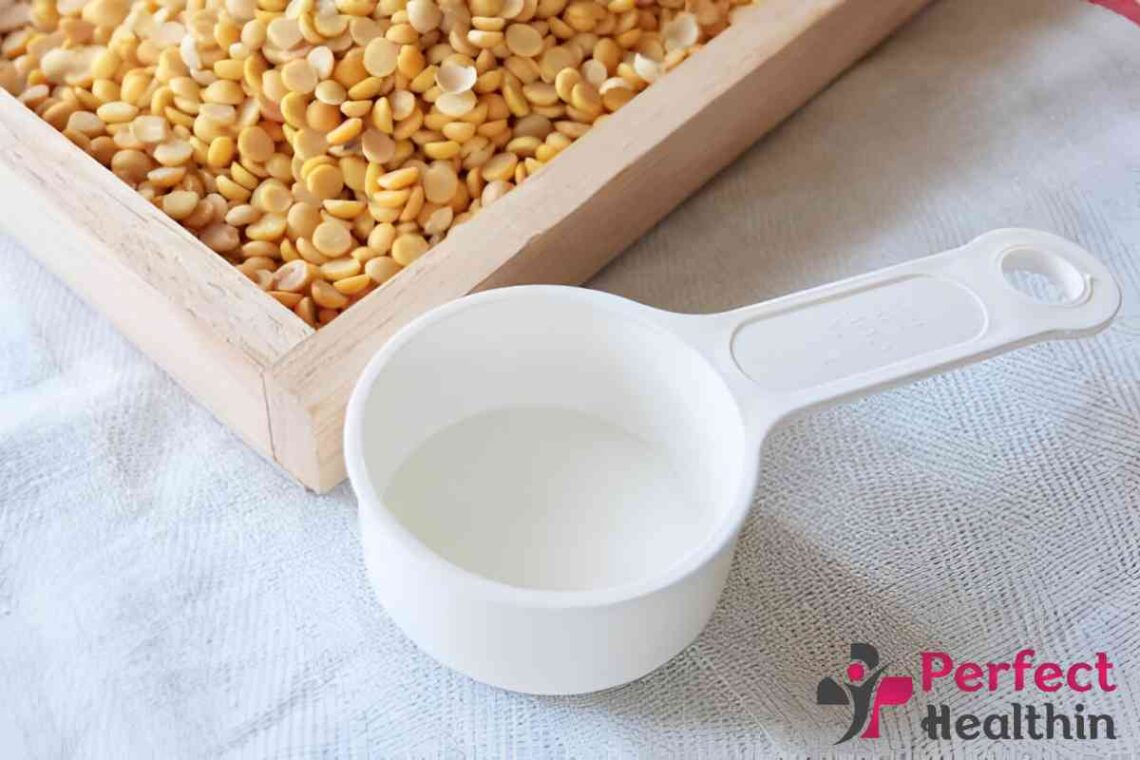What is Trisodium Phosphate ?
Trisodium Phosphate is a white powder added to many processed cereal. It’s used to preserve food, improve texture, and keep ingredients mixed together.
Common Cereal Containing Trisodium Phosphate
You can find Trisodium Phosphate in processed meats, cheese, canned soups, and baked goods from stores. It’s also in some sodas to keep them from getting darker.
Why is Trisodium Phosphate Used?
Food companies use Trisodium Phosphate because it helps food last longer on shelves. It also makes food texture better and keeps fats and water from separating in things like processed cheese.
Health Concerns About Trisodium Phosphate Daily Intake and Risks
The FDA says up to 70 mg of Trisodium Phosphate per day is safe. But many people eat much more than this because it’s in so many foods. Eating too much Trisodium Phosphate over time can cause health problems.
Potential Side Effects
Kidney Problems
People with kidney disease should be careful about eating foods with Trisodium Phosphate. Too much phosphate can make kidney problems worse.
Bone Health Issues
Eating lots of Trisodium Phosphate can weaken bones. It might lead to osteoporosis, which makes bones fragile and easy to break.
Heart Problems
Too much Trisodium Phosphate can increase the risk of heart disease. It can cause calcium buildup in arteries, which is bad for the heart.
Digestive Issues
For people with conditions like ulcerative colitis or Crohn’s disease, eating a lot of Trisodium Phosphate can make symptoms worse.
Cancer Risk
Some studies suggest that Trisodium Phosphate might increase the risk of certain cancers, but more research is needed.
FDA Stance on Trisodium Phosphate
The FDA says Trisodium Phosphate is safe in small amounts and puts it on their “Generally Regarded as Safe” list. However, they don’t have strict rules about how much Trisodium Phosphate can be in food. Scientists are still studying Trisodium Phosphate to understand its long-term effects on health.

